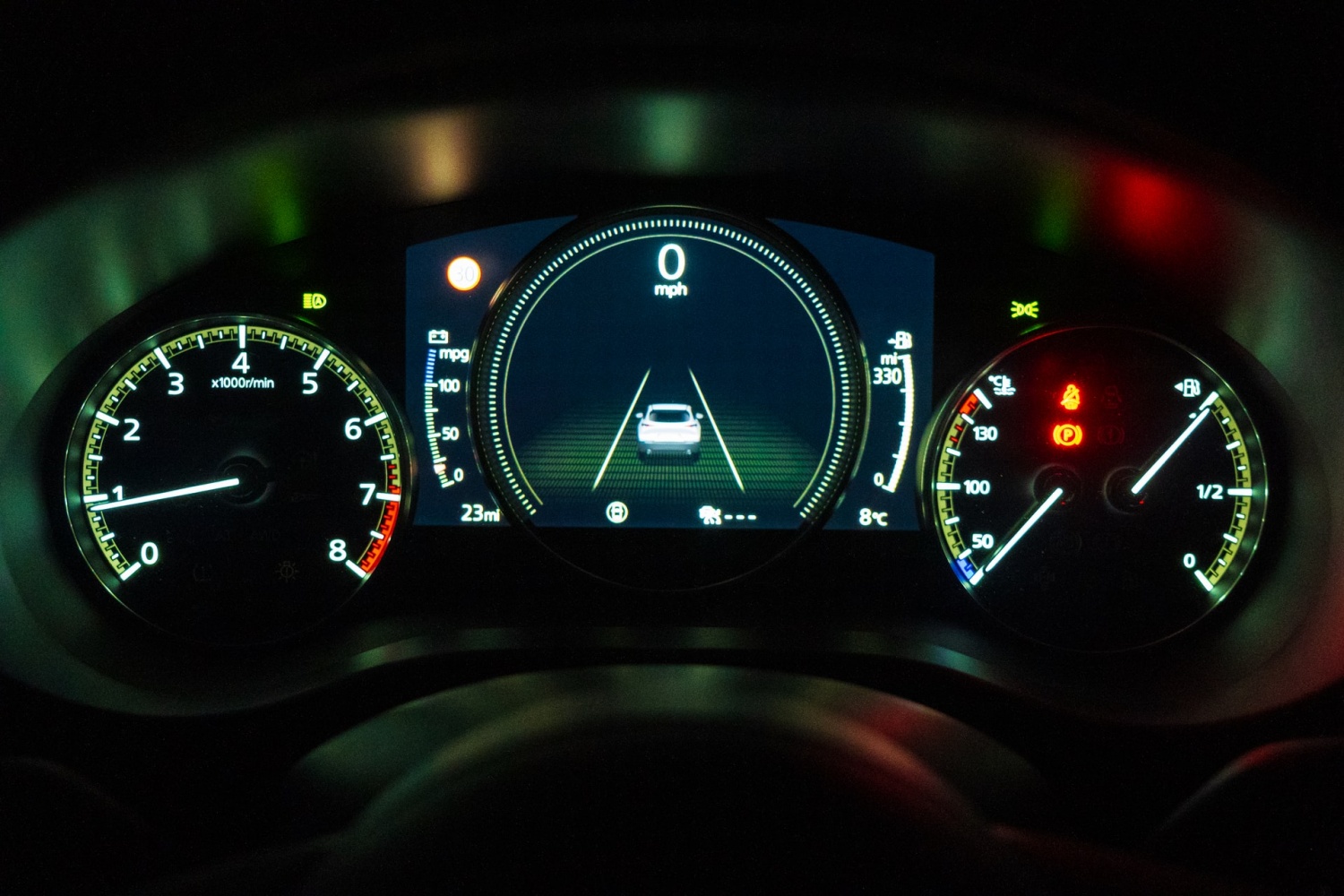With the advent of smart vehicles, our cars are becoming more and more like computers on wheels. This raises a lot of questions about data security and privacy. What happens if someone hacks into your car's computer system? What information is being collected and stored about you and your driving habits? This article will explore some of the issues surrounding data security and smart vehicles and offer some tips for keeping your data safe.
What Is Data Collected By Smart Vehicles?
Smart vehicles collect a lot of data, including information about your driving habits, where you go, and who you talk to on your phone. This data is collected by the car's computer system and can be accessed by the manufacturer, the dealership, or third-party companies that the manufacturer has authorized to collect such data.
How Is That Data Used?
The data collected by smart vehicles are used for a variety of purposes. It can be used to improve the vehicle's performance, diagnose problems with it, and track its location in case it is stolen. The data can also build profiles of drivers' habits and preferences. These profiles can then be sold or shared with other companies for marketing purposes. Manufacturers may also use this data to improve their products and services. This is why automotive cybersecurity is so important.
Who Has Access To It?
The short answer is anyone who has the car's digital key, which can be stolen or duplicated with relative ease. The longer answer is that almost every company involved with your vehicle will have access to some of its data at one point or another for them to do their jobs properly (e.g., the manufacturer needs it when they are doing quality assurance testing). So if you're worried about privacy violations, then you might want to think twice before buying a smart vehicle - unless there are measures in place that would prevent unauthorized persons from accessing its computer system without your knowledge or consent.
What Are The Risks Associated With Data Security Breaches For Smart Vehicles?
There are many risks associated with data security breaches, but they can be grouped into three main categories: physical safety (e.g., if someone hacks your car's computer system and remotely disables the brakes); financial risk (e.g., if credit card numbers or other sensitive information about you is stolen from its database); and privacy concerns (e.g., what happens when someone gains access to all of the personal details stored on your smartphone?).
As more people rely on their vehicles for transportation every day, it becomes imperative that manufacturers take steps to protect them from these threats by implementing automotive cybersecurity measures in their products before releasing them onto the market - otherwise, there might not even be any customers left to use them!
What Steps Can You Take To Protect Your Data And Vehicle?
There are several things that manufacturers can do to protect their customers' data and privacy. For starters, they should ensure that all of the vehicle's computers (including those located outside of its body) have strong passwords on them, which cannot be guessed easily by hackers or other unauthorized persons who might try to break into it illegally. This is especially true if a person wants access without having any physical contact with you at all times (e.g., via Wi-Fi).
Manufacturers should also implement encryption systems for sensitive information such as credit card numbers. So even if someone does steal these details from your car's database, they won't be able to do anything with them unless they have the right encryption keys.
What Is The Future Of Data Security And Smart Vehicles?
As more vehicles become connected to the Internet and other devices, there is a greater risk for security breaches. This means that manufacturers will have no choice but to invest heavily in protecting their customers from these threats by implementing automotive cybersecurity measures before releasing new products onto the market. Otherwise, there might not even be any customers left to use them.
It is clear from this example how important it will be for manufacturers to invest heavily in data security if they want their customers to continue trusting them with their personal information. This is especially true when considering that many people rely on these products every day (e.g., vehicles, smartphones). It's also worth noting that some companies might not care about privacy concerns right now because they're focused more on making money quickly instead. Others may feel differently once consumers start demanding better protection policies before giving out any sensitive details online or through another medium.















